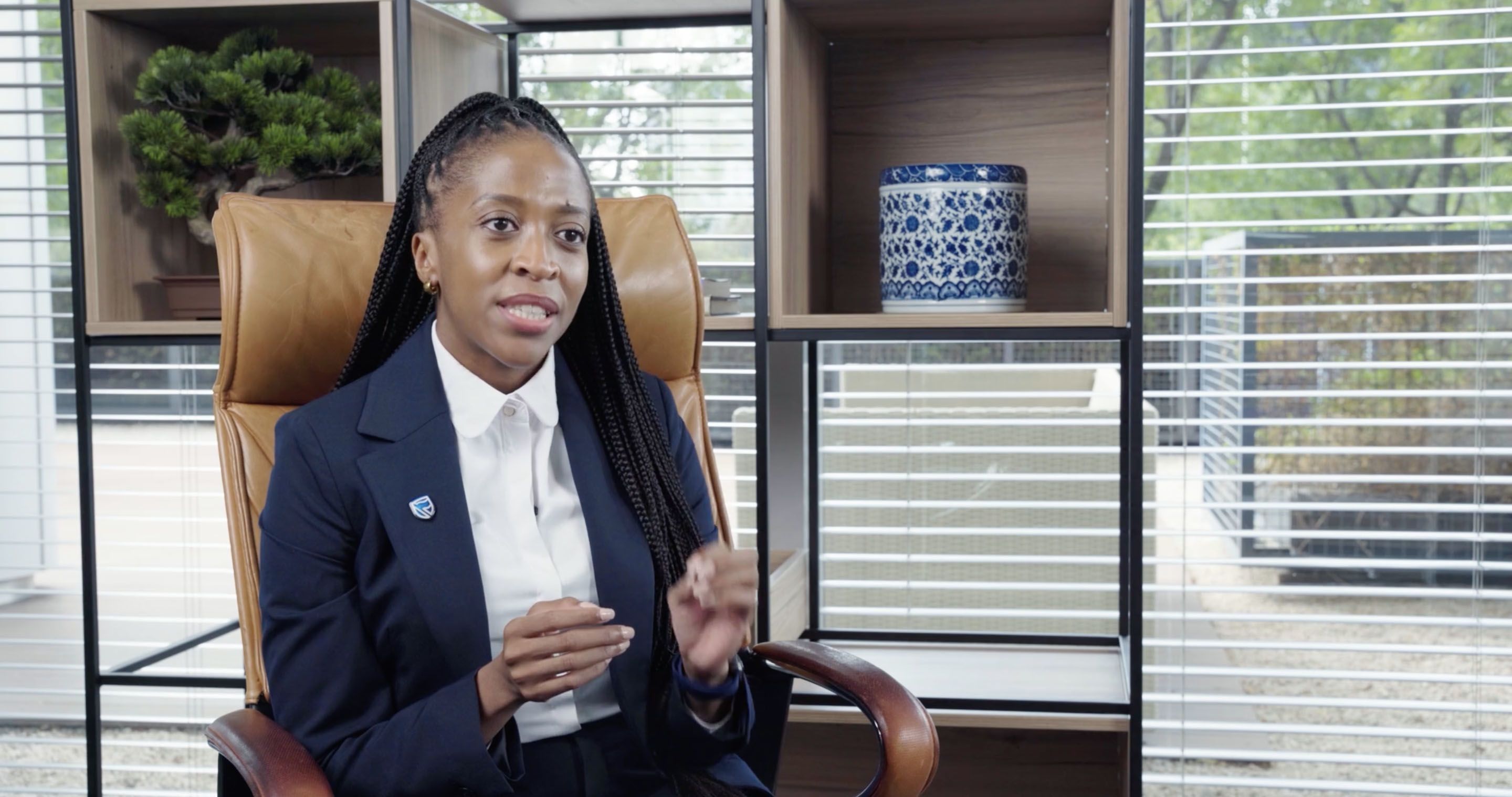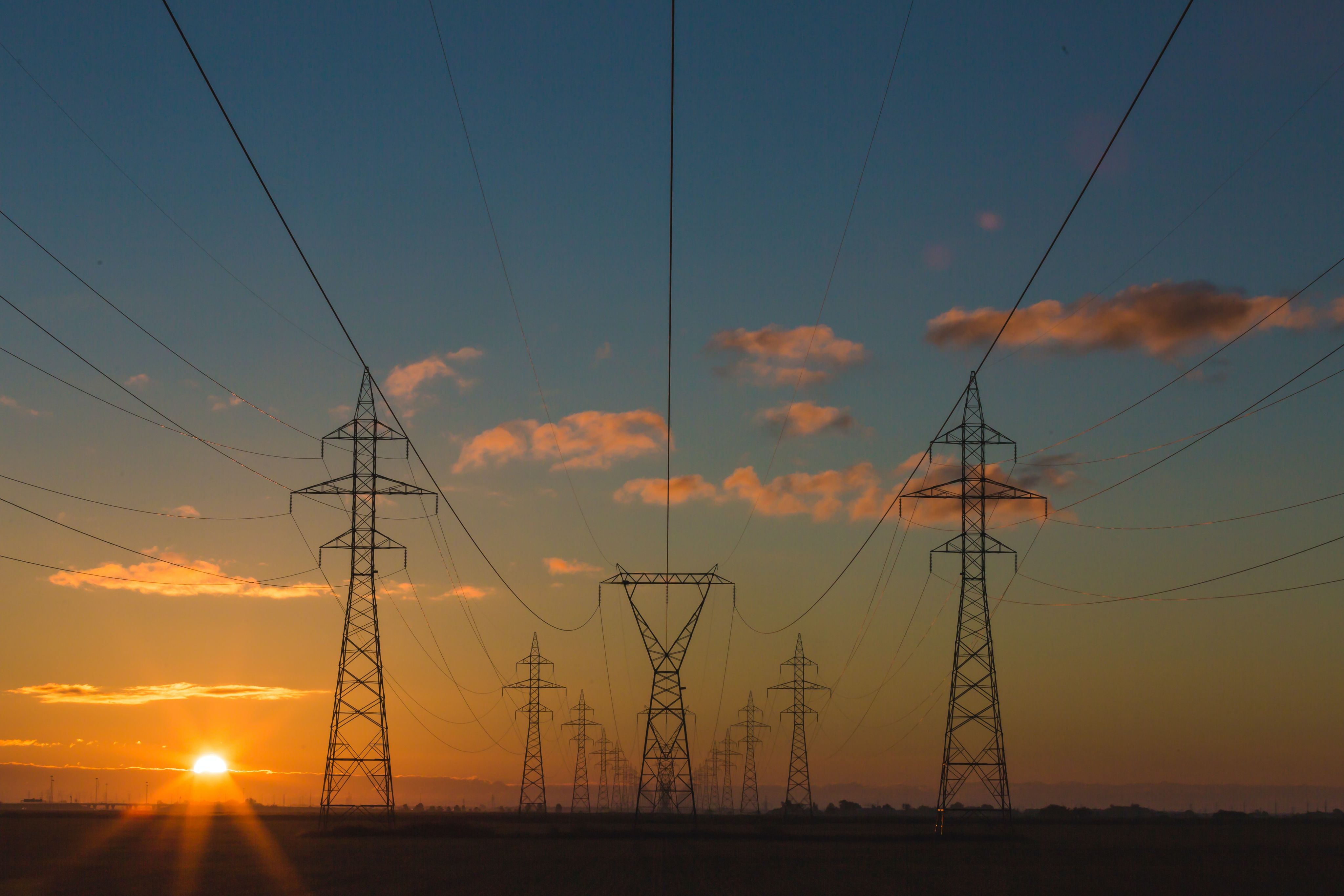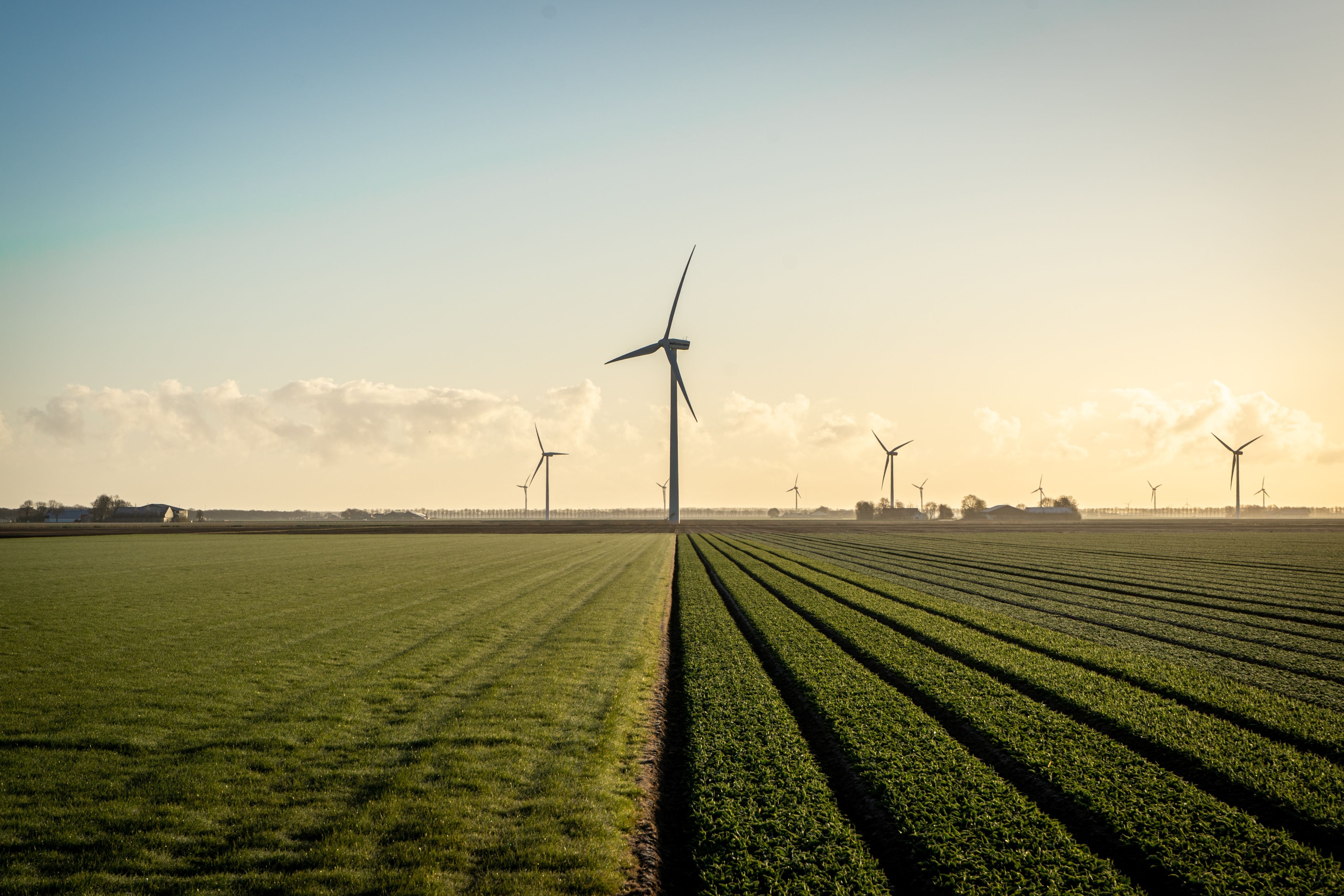WATCH | Just Transition:

Since launching its climate policy in March 2022, the bank is on track to surpass its target of raising between R250 billion and R300 billion for sustainable finance by the end of 2026.
Imagine a future where Africa leads the charge in clean energy, transforming its landscape and setting a global standard for sustainability. According to the International Energy Agency, achieving this vision requires an investment surge in the energy sector, demanding more than a doubling by 2030, with a significant focus—two-thirds of this investment—on clean energy initiatives.
In this journey towards a greener future, the banking sector emerges as a key player. This critical role involves more than just funding; it's about ensuring a just transition—a strategy that balances the environmental imperative with the need for social equity and economic inclusivity.
By prioritizing both the planet and its people, the banking industry stands at the forefront of a movement that promises to redefine our world, making it more sustainable for future generations.
"A critical aspect for us is understanding what a just transition entails and ensuring that we advocate for a just transition on the continent, leaving no one behind. We are deeply focused on how we support our clients through this transition, as many are at the core phase of addressing these challenges," says Boitumelo Sethlatswe, the head of Sustainability at Standard Bank South Africa.

Supporting a Just Transition
To support this just transition, Standard Bank South Africa established a unified energy and infrastructure team, moving away from the previously used sector-specific framework. This integration enables the bank to comprehensively meet our clients' needs.
Since launching its climate policy in March 2022, the bank is on track to surpass its target of raising between R250 billion and R300 billion for sustainable finance by the end of 2026.
Sethlatswe notes that for the transition to clean energy to be just, it must occur gradually, as most African economies cannot support a swift transition away from fossil fuels without significantly negatively impacting their populations.
"We understand there will be a mix. We know that in Africa, and South Africa in particular, there is still a very high dependence on fossil fuels for energy. We advocate for a gradual transition, supported by a clear commitment to finance renewable energy," Sethlatswe explains.
Sethlatswe observes that South Africans have become more aware of climate change and the role they need to play in ensuring a sustainable future. To date, the bank has disbursed R2 billion in finance to business and commercial clients for rooftop solar and other renewable energy solutions, and R1.1 billion to homes that are green-aligned.
"What’s important is the increasing awareness of the impact of climate change, driven by the rise in extreme weather events across the country. We're also witnessing an evolution in people's attitudes, with a growing desire to be more conscious, more responsible, and to contribute positively," she says.

Standard Bank South Africa's strategic shift towards a unified energy and infrastructure team and its significant financial commitments to sustainable finance exemplify the banking sector's critical role in facilitating a just transition.
To ensure your business contributes to a more sustainable world, visit Standard Bank HERE
Explore More



